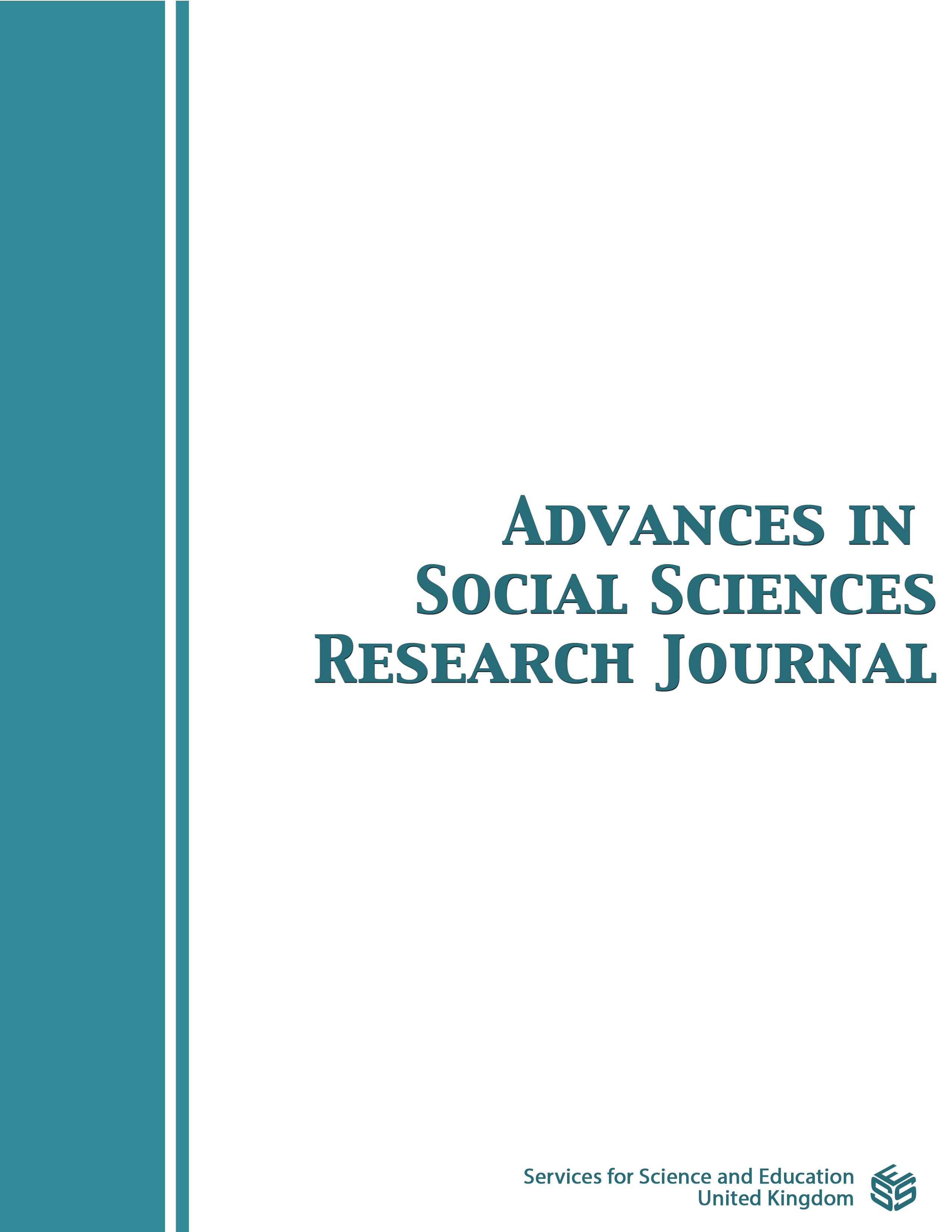The Architects’ Practice Knowledge, Expressions and Communications of Architectural Design Intentions in Southwest Nigeria
DOI:
https://doi.org/10.14738/assrj.102.14035Keywords:
Architecture, Communication, Expression, PhilosophyAbstract
This study investigates the knowledge of Architects in the practice of design intentions, communications, principles, and expressions of architectural design in selected Architectural practices to improve architectural design delivery in Southwest Nigeria. Data collection was enhanced with a structured questionnaire from 250 participants comprising practicing Architects at various levels. The survey data were analyzed by descriptive statistics and the key finding is that Architects' practice knowledge of intentions, communications, principles, and expressions of architectural design in the study area is very high. Appreciably, 66.6% of the respondents use pure lines to communicate design intentions, 25% of the respondents communicate through forms and shapes while 4.2% of the respondents each use geometry and materials as elements of communication of architectural intentions. The Pearson Correlation analysis to establish relationships between the tested variables reveals significant relationships between the meaning of architecture and visual communication of architectural intentions (p < 0.05; r = 0.359). This study recommends that Architecture as a utilitarian art requires the effective and clear conveyance of thought through pure visuals, clear lines, forms, and materials to communicate clear intentions, culture, personality, and status as well as create an important human-environmental link.
Downloads
Published
How to Cite
Issue
Section
License
Copyright (c) 2023 Abiodun Rufus OLUBI, Emokpae Murphy EREBOR

This work is licensed under a Creative Commons Attribution 4.0 International License.
Authors wishing to include figures, tables, or text passages that have already been published elsewhere are required to obtain permission from the copyright owner(s) for both the print and online format and to include evidence that such permission has been granted when submitting their papers. Any material received without such evidence will be assumed to originate from the authors.






